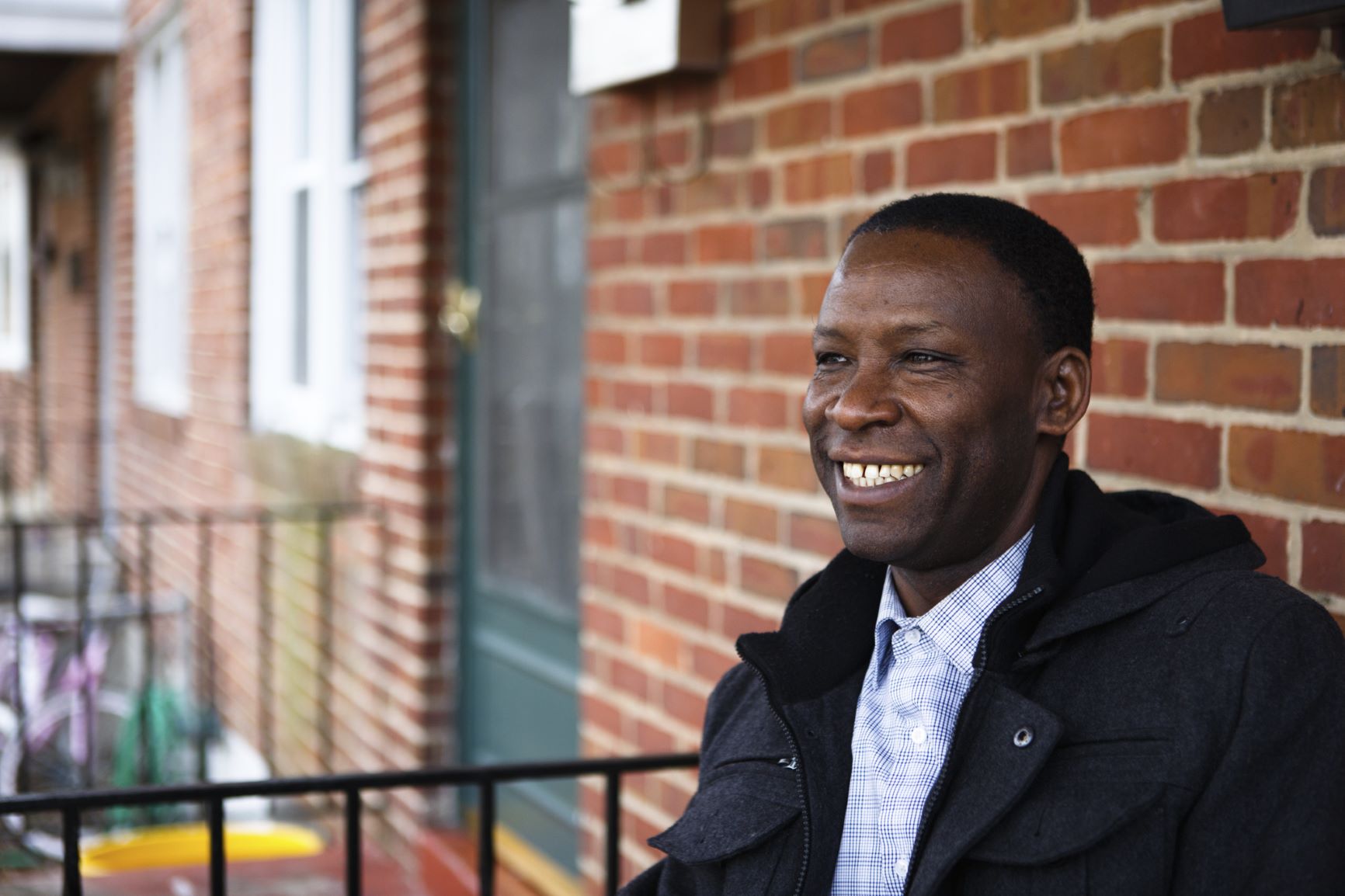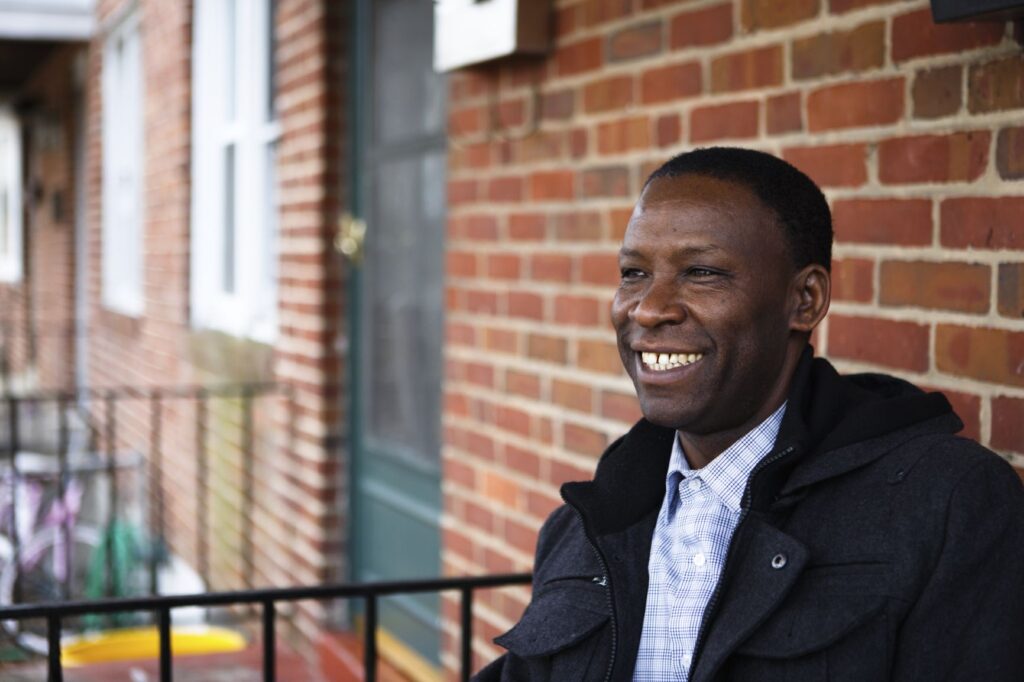
New Resettlement Pathways:
Frequently Asked Questions
This page provides an overview of the different tracks of Reception and Placement Programs for newly arriving refugees. You can find information on housing responsibilities and a Frequently Asked Questions (FAQ) section. This information is meant to support Cultural Orientation (CO) Providers delivering key CO messaging. For more detailed information outside of the CO scope (such as reporting requirements or compliance questions), kindly speak with your CO Leader and/or PRM Program Officer for clarification.
New Resettlement Pathways: Location, Services, and Duration
Individuals and families are assured to one of over 350 local affiliates throughout the United States. The decision on where someone is assigned to depends on capacity, closeness to friends and family, and available services in the community. Resettlement Agencies (RAs) provide services during the first 30-90 days after arrival. RAs will help refugees with employment, English language learning, housing, and others. The duration of financial assistance for refugees will depend on the costs of services and availability of funds.
For more information, refer to the Bureau of Population, Refugees and Migrations (PRM) webpage on the Reception and Placement program.
Individuals and families may be assigned to the Cash-Based Track if their US tie is able to provide adequate housing and support in accessing appropriate services during their first 90 days. Refugees will be assured to a Domestic RA and assigned to the Cash-Based R&P Track after completing a thorough US tie assessment. Once the family arrives to the US, the RA will conduct an assessment and confirm their eligibility. Once confirmed, the family will receive their funding and the case will be closed with the RA. The RA will conduct a well-being check in with the case once throughout the 90-day period. The family will receive a resource guide with information on accessing services in the community, including Cultural Orientation resources.
For urgent questions once arrived in the US, refugees can contact the Cash-Based Hotline Virtual Resettlement Line (VRL)
Phone: (212) 551-3010
Email: VRL@rescue.org
Hours of Operation: 9am – 5pm ET.
Individuals and families will be resettled wherever their US Tie is located. Their US Tie will be responsible for providing long-term adequate housing. They will have access to a case manager, who will provide all case management services virtually, as well as a Virtual R&P support line for further questions. Currently, only those refugees arriving from Latin America, Afghan refugees, Afghan Special Immigrant Visa Holders (SIV)s, and certain Afghan Humanitarian Parolees being resettled via Operation Enduring Welcome (OEW) are eligible for the Virtual R&P Track.
For more information, visit the Virtual R&P information and FAQ page.
Welcome Corps allows private sponsors to support the resettlement of refugees who have been approved through the traditional USRAP process or those who are personally identified and referred for resettlement by the private sponsor group. Individuals and families will be resettled in the same area as their private sponsor group and provided with housing and the same initial Standard R&P services for the first 90 days after arrival. The housing and services are all provided by the private sponsor group.
Learn more about the Welcome Corps Program, here.
For support or questions, sponsors can contact the hot-line by email or phone.
For concerns or problems, refugees can contact Welcome Corps by email or phone.
Housing
Provided by the Resettlement Agency (RA) for a minimum of 30 days and up to 90 days after arrival. It is highly likely that refugee individuals and families will be placed in temporary housing upon arrival to the US. The temporary housing will look different based on the location. Examples may include but are not limited to a hotel room, Airbnb, or campus housing. Temporary housing will likely not have a full kitchen or large living space. The duration of the temporary housing will rely on coordination between the RA and the family in identifying available housing opportunities.
Temporary and permanent housing is required to be provided by the US tie.
Temporary and permanent housing is required to be provided by the US tie.
Provided by the private sponsor group for at least 90 days. The goal is for newly arrived refugees to take over rent payment after 90 days.
Frequently Asked Questions
Access the FAQ below or directly on Mural.


